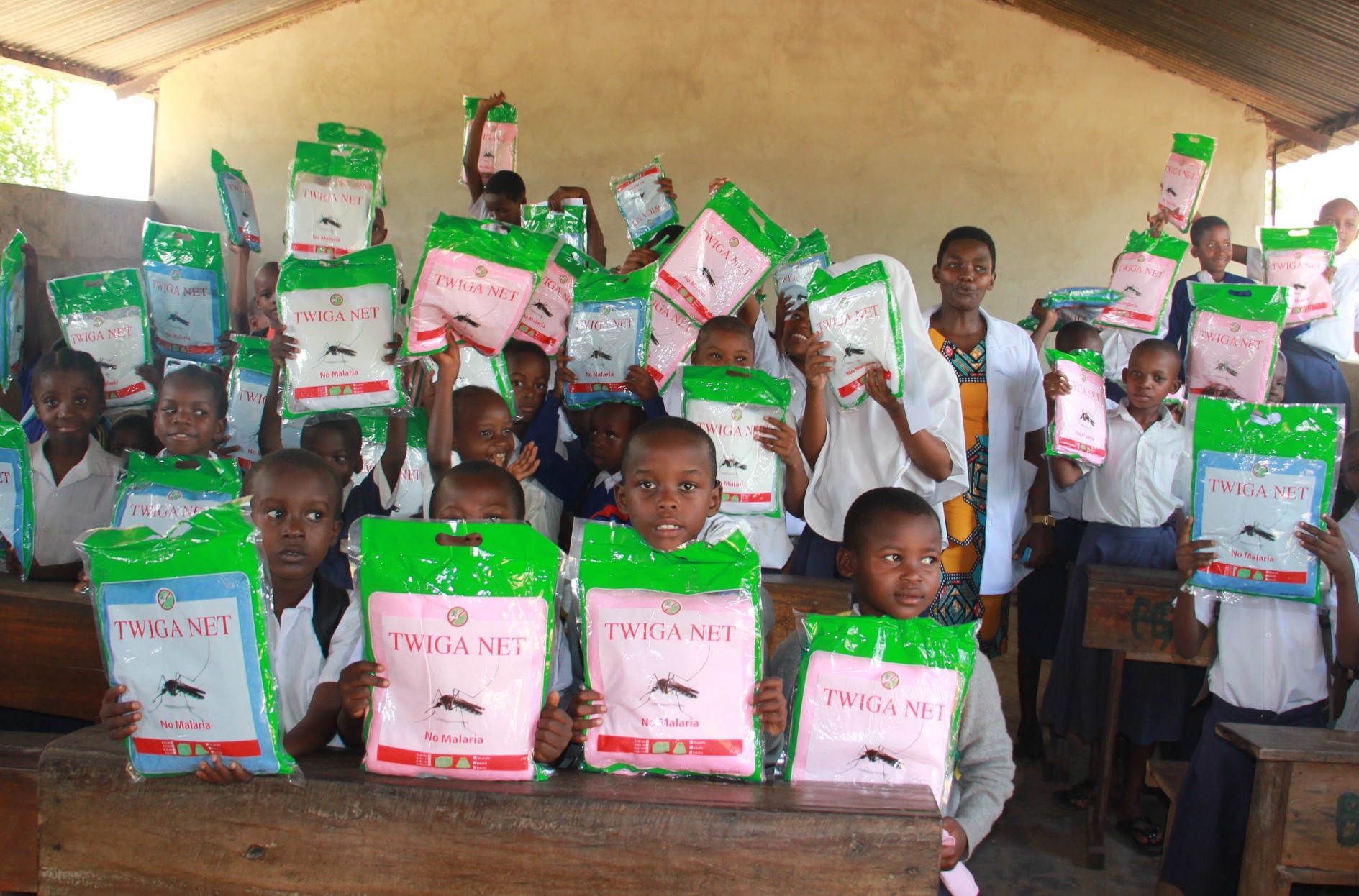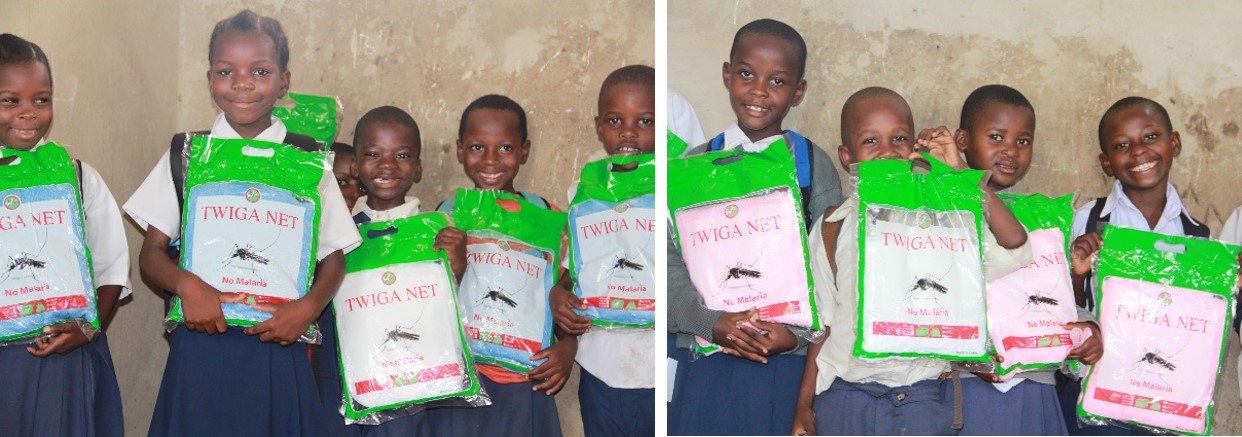BLOG
World Malaria Day
April 25 was World Malaria Day - a day to recognize the global fight against malaria. Malaria is a parasite transmitted by mosquitoes. Each year, an estimated 200 million people are infected with malaria and approximately 600,000 people die worldwide, about three-quarters of whom are children under the age of five. 90% of infections worldwide are in Africa.

The high mortality rate in tropical Africa is mainly due to the poverty of the population: There is often a lack of funds for timely transport to a hospital when a child shows the first flu-like symptoms. This is why malaria is often referred to as a disease of poverty.
Researchers have been looking for a vaccine against malaria for over 100 years. But until now, they have not developed a vaccine that provides lasting and safe protection. The WHO called it their goal to develop efficient vaccines by the year 2030, with an effectiveness of at least 75%. This means that the protective effect should last at least 2 years and a booster vaccination should be necessary at most once a year.

To educate the Saturday Club children about malaria, our nurse Winrose gave a short presentation. She explained what malaria is, how it is transmitted and the symptoms it can cause. Initially, these include signs such as fever, headache, aching limbs, and a general feeling of being sick. Thus, it often leads to misinterpretation of the symptoms. The further course depends on the degree of immunity of the infected person. A multiple infection causes a temporary so-called semi-immunity, which prevents a severe disease. A severe course of the disease can lead to zelebral malaria with seizures and clouding of consciousness up to coma. Other complications include acute renal failure or circulatory collapse. In addition to the infection and symptoms, Winrose also discussed who is at particular risk: young children and babies, older adults, pregnant women, and tourists who have never been exposed to the parasite.

After talking about the possible consequences of being infected with the disease, she of course explained possible preventive measures: cover the skin, apply mosquito spray on skin and / or clothing, and last but not least sleep under a mosquito net. Since the children from the Saturday Club come from very poor families, there is often not enough money for such preventive measures. Therefore, NUKIA donated 100 mosquito nets to the children and Winrose was happy to distribute them after the training.

With this gift, we hope that the children will be better protected against mosquitos and we can significantly reduce the risk of a malaria infection.

SUBSCRIBE NOW
Stay connected! Subscribe to our blog newsletter and explore more about NUKIA's charitable initiatives in Africa. Discover stories about education, healthcare, our projects, and more. By subscribing, you'll stay informed and have the opportunity to make a positive impact on the lives of children in Africa. Join our community and subscribe now!